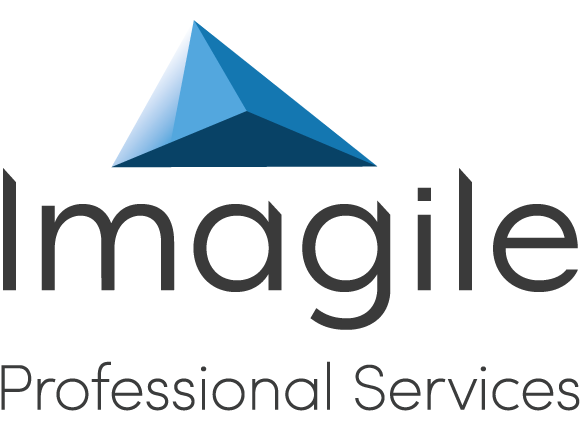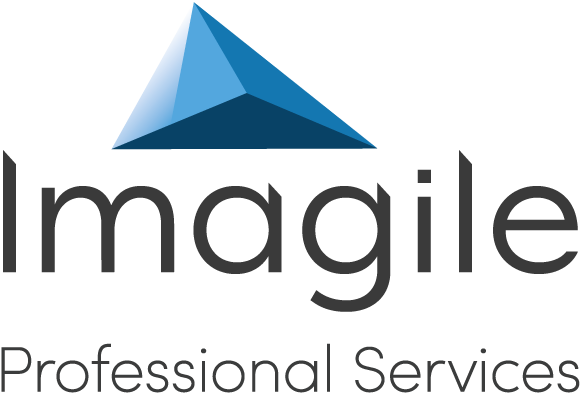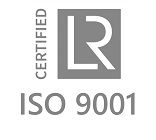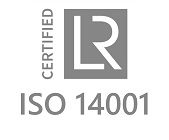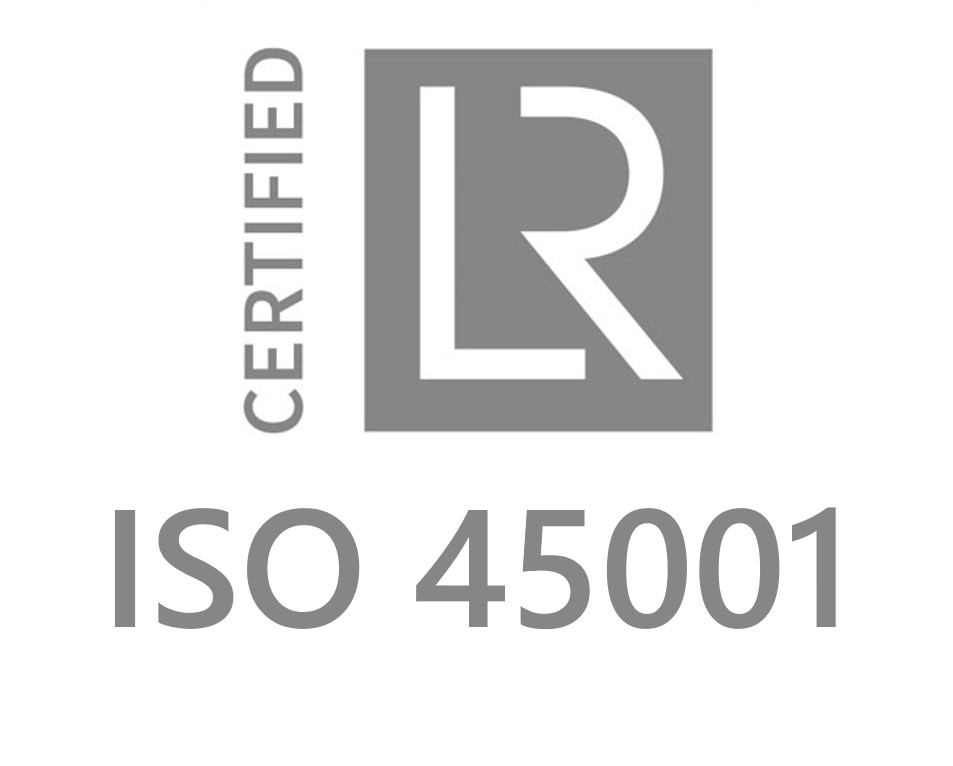By Kevin Wood, Project Director at IPSL
At Imagile Professional Services (IPSL), managing stakeholder relationships effectively is critical to delivering successful projects. This is particularly true when working in live environments, where our client’s operational services must continue with as little disruption as possible while construction work is delivered.
I’ve spent nine years at IPSL, recently becoming Project Director and leading a new division to deliver Special Projects. I enjoy the challenge of managing projects in challenging environments and pride myself on the performance of our teams and feedback from clients. Here are some key insights into our approach to stakeholder management.
What is Stakeholder Management?
Stakeholder management involves identifying and engaging with all parties affected by or involved in a project. At IPSL, our primary stakeholders often include:
- Clients: Typically, the SPV management teams.
- Authorities: Private Sector Clients (e.g. NHS, Local Authorities, DfE, MoD)
- Building Users and FM Teams: Those who work in, interact with or manage the facilities daily.
- Supply Chain: Designers, consultants, and contractors who play a key role in the successful delivery of our projects.
Challenges in Live Environments
Delivering projects in live environments, such as hospitals, schools, prisons and student accommodations, presents unique challenges. These settings require meticulous planning to maintain safety and operational continuity for our clients. Here are some sector-specific examples that highlight some of the key considerations:
Hospitals
One of the key challenges in hospitals is coordinating access to critical areas while minimising disruption to staff and patients. To mitigate this, we develop phased plans that include specific access strategies where we work with our clients to ensure essential services remain operational as much as possible and disruption is kept to a minimum.
Schools and Prisons
One of the big issues we need to adhere to in schools and prisons is strict protocols and managing activities around sensitive schedules. Our teams ensure compliance by working closely with operational managers to understand restrictions and integrate them into the project timeline. Tailored risk assessments are conducted to address unique challenges, such as heightened security measures or safeguarding requirements when needed.
General Challenges
Flexibility is key as changes to project plans may be required due to the immediate needs of the facility. We mitigate this by conducting thorough pre-project risk assessments, creating contingency plans, and maintaining open communication channels. When unexpected delays do occur, we proactively adjust schedules and reallocate resources to keep the overall project on track.
In one project involving extensive mechanical and electrical work across a hospital, our team supported clinical teams in relocating services on a rolling basis. This required months of planning, clear communication, and adaptability to maintain operational standards while executing the project. Face-to-face meetings with department leads ensured alignment and progress updates were issued regularly to anticipate and address potential disruptions. This allowed us to successfully deliver this extremely complex project on time, on budget and maintaining clinical services in the hospital. The collaboration between the IPSL Project Management team and all of our stakeholders including; the SPV team, NHS staff both clinical and estates teams, and our Facilities Management partners proved to be a key factor in successfully delivering a major M&E project that affected every department in the hospital over a two year period.
Strategies for Effective Stakeholder Management
We have a number of mechanisms throughout the lifecycle of a project to ensure stakeholder management is always a top priority. These include:
- Communication plans: Developing and adhering to a communication plan is essential for effective stakeholder management. Pre-start and progress meetings ensure all stakeholders are aligned and informed about project milestones.
- Collaboration: We emphasise building collaborative relationships with stakeholders. Face-to-face meetings, such as walkthroughs of upcoming project phases, help address specific needs and create a sense of teamwork.
- Flexibility: Acknowledging the volatile nature of live environments, we incorporate risk assessments and contingency plans to adapt to unforeseen changes while maintaining project schedules.
- Regular feedback: Feedback is sought at multiple stages of a project, both formally and informally. This allows us to address issues promptly and ensure continuous improvement.
- Technology: We are developing an integrated management system that consolidates our ISO standards (14001, 45001, 9001, and 22301). This initiative aims to streamline processes and enhance stakeholder communication.
Measuring Success of Stakeholder Management Strategies
We measure the effectiveness of our stakeholder management strategies using a range of key performance indicators such as:
- Client feedback: Captured verbally and through formal feedback forms.
- Progress reports: Highlighting stakeholder concerns as agenda items during meetings.
- Feedback scores: Monitored and reviewed monthly to identify areas for improvement.
This approach is critical because it enables us to continually refine our stakeholder engagement practices, ensuring that we meet and exceed expectations. By systematically capturing and analysing feedback, we can identify trends, address potential issues proactively, and foster stronger relationships with our stakeholders.
Setting IPSL Apart
I believe what distinguishes IPSL in stakeholder management is our extensive experience across various live environments and our commitment to learning and adapting. Over the years, we have built strong relationships with clients, partners, and building users. We have developed effective processes to navigate complex projects and have integrated lessons learned to continuously refine our approach.
Our dedication to collaboration, flexibility, and excellence ensures that we deliver successful outcomes even in the most challenging live environments. This commitment to quality and adaptability has positioned IPSL as a trusted partner in delivering projects that meet and exceed stakeholder expectations.
Stakeholder management is not just a process but a cornerstone of our project delivery process. By prioritising communication, nurturing relationships, and staying adaptable, we ensure that our projects are not only completed but also exceed stakeholder expectations.
